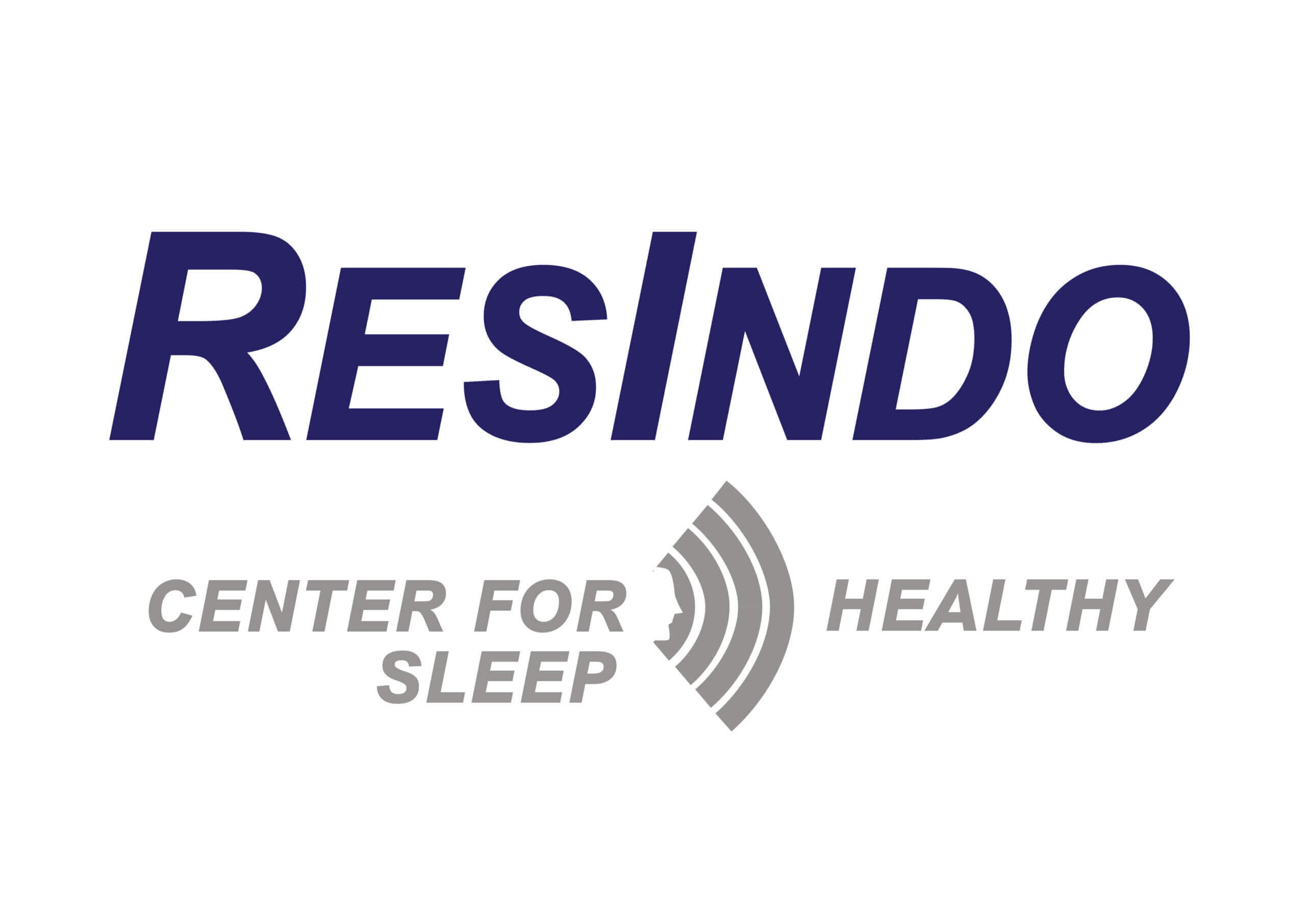Snoring can be a sensitive problem, but taking positive steps to solve it together can have you both enjoying restful, healthy sleep and waking up feeling refreshed and ready to seize the day.
Whether it’s your sleeping partner making noise throughout the night and sounding like they’re possessed by some type of monster or maybe you’re the one being affectionately referred to as ‘the tractor’ or ‘the steam engine’ there are things you can do to help you both get a good night’s rest.
How to say the ‘S’ word: – Discussing snoring with a bedtime partner
If you’re in a relationship and one of you sounds like a chainsaw at night, odds are that no-one is getting a good night’s sleep.
We’d like to help you get a more peaceful night’s sleep.
Luckily, you’ve come to the right place. We can help you get a better night’s sleep – we’ve even published a free eBook available for you – ‘Eight Ways to Sleep Better Tonight‘ – which is packed full of helpful tips to get you off to a good start.
If your partner is following the tips in this guide but still sounds like the Indian Pacific chugging along at night, it’s time to take action for the sake of your sleep.
When should I say the ‘S’ word?
Snoring… It’s a word which might be hard to bring up.
But striking up a conversation about someone’s night-time symphony is an essential step to seeking a solution. Not only can snoring have an impact on a relationship, but it should be taken seriously.
Snoring can be a sign of sleep apnea, the most common type of sleeping disorder. Sleep apnea occurs when the muscles in your throat relax too much and restrict or block your airway. You literally stop breathing for up to 10 seconds or more – and it can happen hundreds of times each night!1 Each stoppage causes your body to jolt you awake so that you’ll start breathing again, which causes you to become sleep deprived – even though the snorer probably won’t even remember ever waking up.
Sleep apnea often goes undiagnosed because people who have the sleep condition are unaware of it, however, it can be dangerous if left untreated. That’s why it’s essential that you strike up the courage to have a conversation with your partner sooner rather than later.
Even if your partner doesn’t have sleep apnea but is snoring through the night, that’s still a very timely sign that you need to take action.
In fact, research has found that snoring itself, without sleep apnea, may be dangerous and can even lead to strokes, thanks to the trauma and inflammation that snoring causes to the arteries supplying blood to the brain.2
The take-away?
Don’t think snoring only needs to be sorted if it develops into sleep apnea. It’s vital that you’re proactive – there’s never been a better time to strike up a conversation than right now.
Approach the conversation with caution. Being told that your snoring is disruptive can be as devastating as coming to terms with a Wallabies loss – if that was likely!
Take your time before the big chat and make sure you’re conscious of your tone. Start by explaining that the snoring is affecting both of your lives, and make sure your partner understands that you’re bringing it up out of love and kindness because you only want what’s best for them.
In addition to being considerate, it’s important that you inform your partner of the real risks of sleep apnea if it’s left untreated and the severe health risks which can come from it. These risks include stroke, heart attack, type 2 diabetes, and high blood pressure.3
There is a solution – and it’s easier than you think
While this may seem daunting, you can take comfort in the fact that there are effective treatments available for snoring, sleep apnea and other sleep disorders. Often a lifestyle change, such as losing weight, is a good move – but that can take time.
The sooner you act, the sooner you and your partner can enjoy good sleep and wake up feeling ready to enjoy the day together.
Consider researching the sleeping problem and tackling it together. This will allow you to find common ground and ensure you both have an understanding of what the other person is going through. The quicker you have the conversation and take action, the closer you’ll be to finding a solution so you both can have a good night’s rest.
Citations
1. http://sleepeducation.org/essentials-in-sleep/sleep-apnea/overview-facts accessed 1 July 2019.
2. https://www.sciencedaily.com/releases/2013/01/130124122741.htm accessed 1 July 2019.
3. http://www.webmd.com/sleep-disorders/sleep-apnea/sleep-apnea accessed 1 July 2019.
[/et_pb_text][/et_pb_column][/et_pb_row][/et_pb_section]